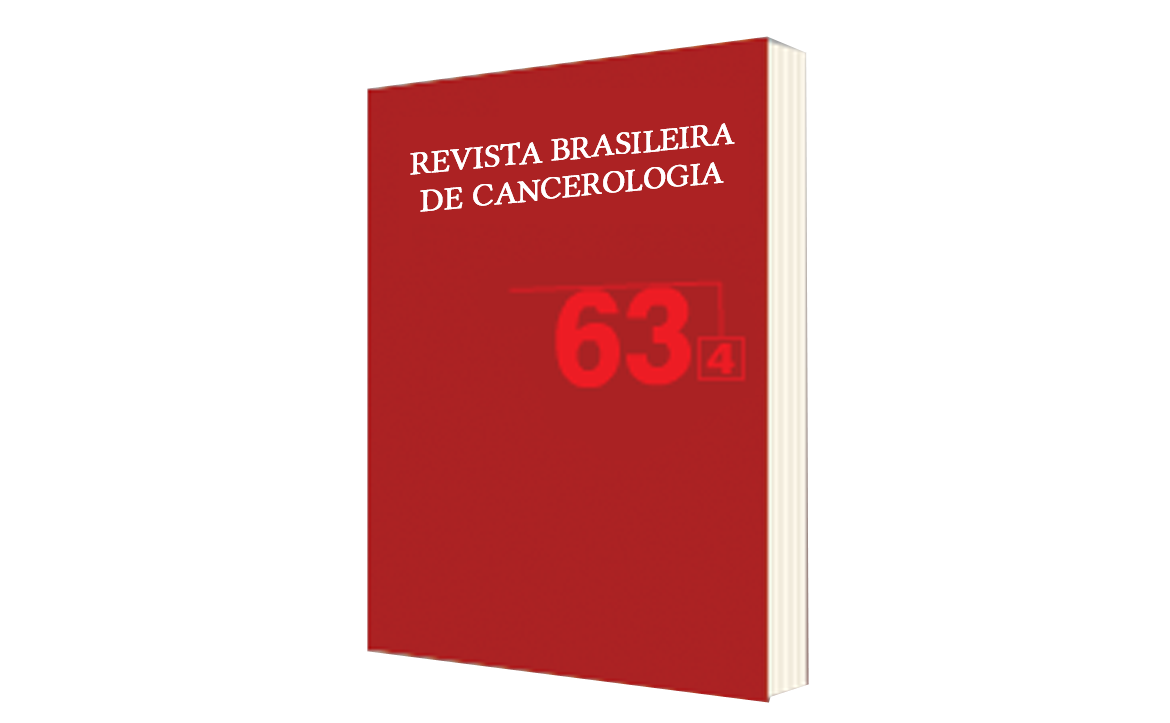Kaposi’s Sarcoma in Young Immunocompetent Patient: a Fifth Epidemiological Variant? – Case Report
DOI:
https://doi.org/10.32635/2176-9745.RBC.2017v63n4.129Keywords:
Sarcoma, Kaposi, Herpesvirus 8, Human, PaclitaxelAbstract
Introduction: Kaposi sarcoma classically presents four types of variants: classic, endemic, immunosuppression-associated (or iatrogenic) and epidemic (or aids-associated). all subtypes are invariably linked to human herpesvirus-8. a fifth clinical-epidemiological variant has been proposed in the literature, which includes a visceral presentation of the disease in the group of men who have sex with men without detected immunosuppressive factors. Case Report: We report the case of a 24-year-old male patient with a homosexual orientation without immunosuppressive factors, diagnosed with Ks, with lymph node involvement, and without other disease characteristics that could include him within the currently known four types of Kaposi sarcoma classification. The patient received chemotherapy with paclitaxel, evolving with complete and sustained reponse until now, 42 months after the ending of treatment. Conclusion: This case reinforces that the pathogenesis of Ks is still unclear, and that probably multiple factors, both virus and host, interact with each other to trigger carcinogenesis. It is possible that the sexual habit does not influence this pathogenesis, behaving only as a confounding factor. The patient had minimal toxicity during treatment with paclitaxel and achieved a complete and sustained response.









